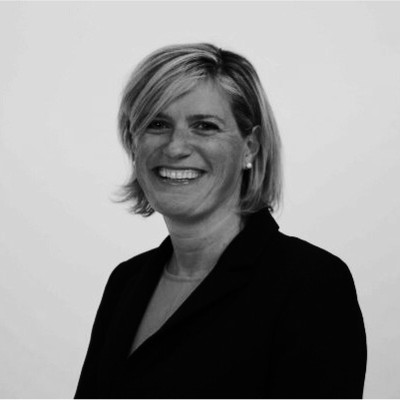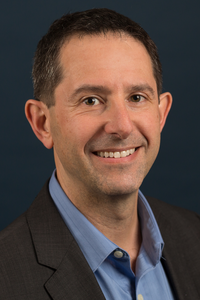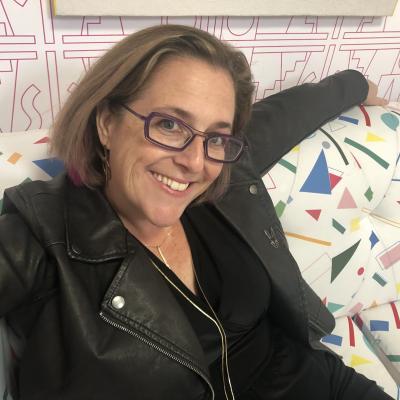
HearstLab is holding its first-ever pitch competition for female-led founders in San Antonio.
It is looking to fund high-growth, women-led startups in the South, said Lisa Gillespie, vice president of marketing and new business development at the San Antonio Express-News and HearstLab Scout.
“We’re not just a newspaper,” Gillespie said. “We’re interested in investing way beyond a newspaper.”
Hearst is a 134-year-old privately held New York-based media company with more than $11 billion in revenue from newspapers, magazines, television stations, and other ventures. William Randolph Hearst founded the company in 1887 and his family continues to run it.
HearstLab is looking to invest in pre-Series A stage companies led by women and located in the South, Gillespie said.
The deadline to apply is March 8th at HearstLabTexas.
By April 15th, HearstLab will select the semi-finalists and by May 18th judges will select ten finalists to pitch live at an event on June 23rd at the Tobin Center in downtown San Antonio.
HearstLab will select a minimum of three companies for a $100K investment and three months of support, Gillespie said.
Eve Burton, a senior vice president and general counsel at Hearst, started HearstLab 12 years ago in New York to invest in women-led companies.
“We’ve just expanded from there,” Gillespie said.
HearstLab mostly invested in companies in the Northeast, she said. But during the Pandemic, HearstLab decided to expand the HearstLab network across the country.
Lisa Burton, formerly founder of AdMass, a portfolio company of HearstLab, and now a vice president with HearstLab, moved to Austin last December.
After massive research, HearstLab decided to launch the first pitch competition in San Antonio, Gillespie said. She works with Mark Medici, CEO and Publisher of the San Antonio Express-News. Medici wanted to host HearstLab in San Antonio. In Texas, Hearst owns the San Antonio Express-News, Houston Chronicle, Beaumont Enterprise, Midland Reporter Telegraph, Laredo Morning News, and other newspapers.
HearstLab is working with Geekdom and other local organizations to get its message out, Gillespie said.
In addition to the pitch competition, HearstLab has teamed up with Project W The Artemis Fund, and Beam at SXSW to present the second “Founded in Texas” event showcasing on March 13th in Austin. It will feature 12 female founders of seed-stage technology companies based in Texas.













